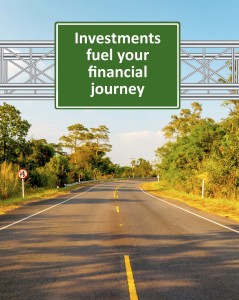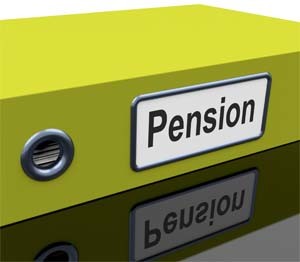By Karin Mizgala, BA Psyc, MBA, CFP®
“I wish I had learned more about money as a kid.” This is one of the most frequent comments I hear from clients. With financial literacy initiatives being instituted to teach kids about money in school, it made me think about how I learned about money – and it certainly wasn’t in the classroom. It was from my parents.
Now I don’t remember them ever sitting me down and explaining budgets, stocks and bonds to me or my siblings, but I do remember learning that you didn’t get something for nothing. I also got the message that there was money available in the world, but it required a mix of desire, effort, ingenuity and commitment to obtain it.
Coming from a family of professionals, we never went without, but even at a very young age, if we wanted something beyond the extras, we worked on the “matching principle” – we saved up for half of the purchase and my parents matched the other half. As teenagers, we were encouraged to get part time jobs for our spending money. I remember the feeling of buying a ticket to visit my best girlfriend in California at age 16 with my “own” money – that sure was sweet. And even though we resented my father for our house being the last on the street to get a color TV, we learned early that it wasn’t necessary to “keep up with the Joneses” or to have all the latest toys to be happy.
I also remember the bulletin board in the kitchen – my parents would let us borrow money, but our “debt” was published on the board as a reminder for all concerned. It always felt so good to scratch the amount owing off the list when the debt was paid off. Funny how certain things never change.
Over the years, the bulletin board was replaced with informal promissory notes when we needed help with funding university, business ventures or houses – we were never refused financial assistance and I gained a deep sense of security knowing that my parents were there for me, but I also knew that I needed to show them that I took my financial responsibilities seriously.
My parents taught me the importance of goal setting, the pride of accountability, the joy of seeing efforts rewarded, and the value of a buck. I know a lot more about stocks, bonds and budgets than they ever will, but the foundation that they laid for me to have a healthy relationship with money is far more important.
I encourage you to take some time this weekend and think carefully about what messages you are sending your kids about money. Do you talk openly with your kids about the importance of savings and ‘delayed gratification?’ Are you helping them understand why it’s important to keep track of how, and why, you spend money? Are your actions communicating the importance of comparison shopping, and making the most of every dollar spent? If you’ve got all that covered, maybe think about the best way to explain the ‘magic’ of compound interest. No better time to learn about that concept than when you’re young. Or maybe the best place to start is with you – have you confronted your own relationship with money?




 As a fee-for-service financial planner it’s not unusual to be approached for a “quick” portfolio review. “Can you just look over my investments?” or “Can you tell me if I’m saving enough?” As much as it’s in my nature to want to help people, it would be unethical and unprofessional to advise someone without a comprehensive look at their finances and a clear understanding of their goals.
As a fee-for-service financial planner it’s not unusual to be approached for a “quick” portfolio review. “Can you just look over my investments?” or “Can you tell me if I’m saving enough?” As much as it’s in my nature to want to help people, it would be unethical and unprofessional to advise someone without a comprehensive look at their finances and a clear understanding of their goals.


 Question from Derrick Alstein, Port Elgin, age 60:
Question from Derrick Alstein, Port Elgin, age 60:



